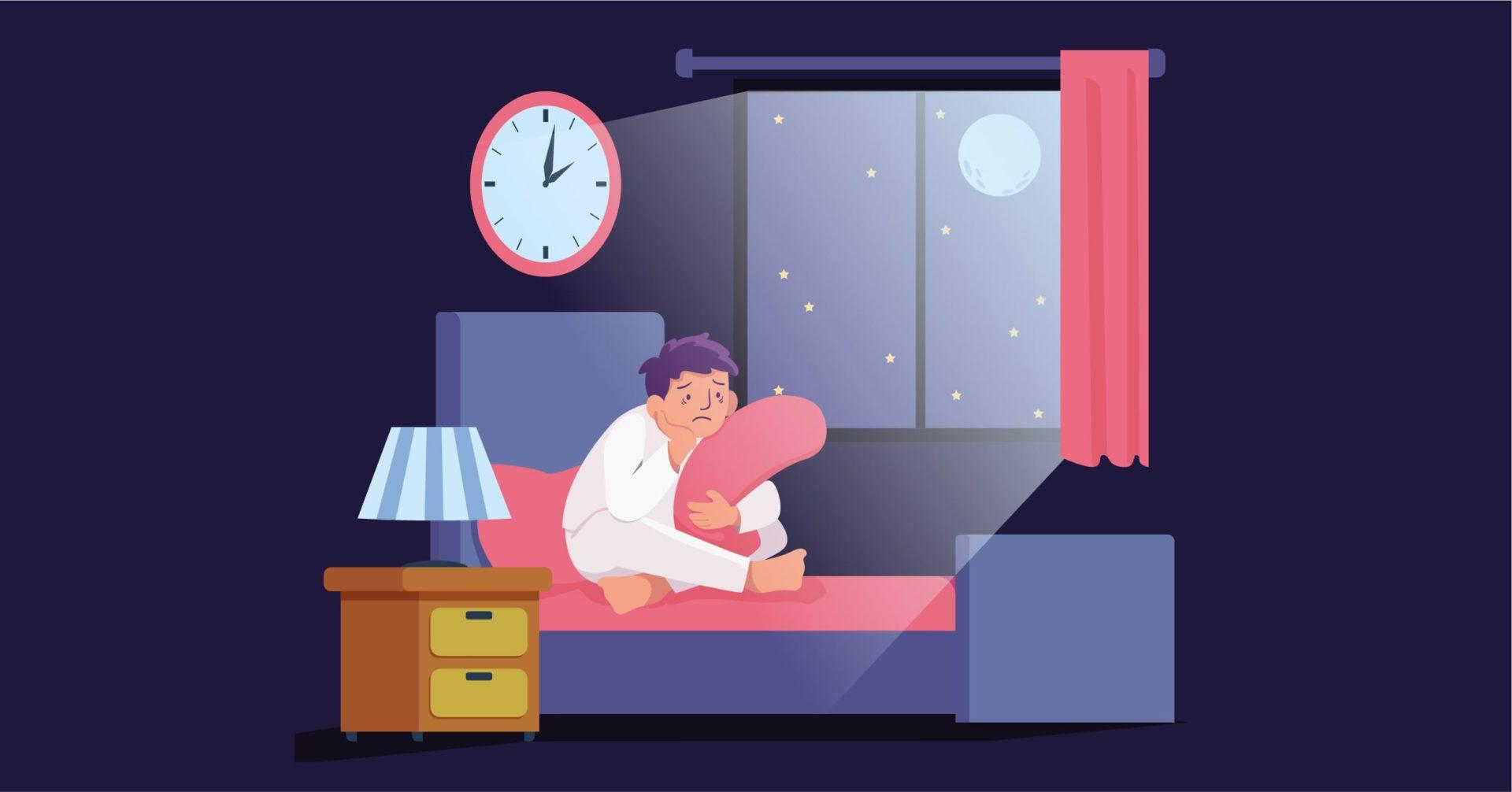Overview
Personality is a set of established patterns of behaviour that we use to understand and relate to the outside world. It includes cognitive patterns, emotional patterns, behavioural and social patterns.
A personality disorder is established when a person picks up maladaptive patterns of cognition, emotion and behaviour. These maladaptive patterns in behaviour often bring great interpersonal distress.
According to DSM-5, Histrionic Personality Disorder is categorised under cluster B personality disorder alongside Narcissistic Personality Disorder, Borderline Personality Disorder, and Antisocial Personality Disorder. These disorders are often characterised as erratic, excitable, and volatile.
Persons with Histrionic Personality Disorder often exhibit attention seeking behaviour. They are typically described as flirtatious, charming, manipulative, impulsive and lively. They tend to perceive relationships as more intimate than they are. Often seen as seductive, they wear flashy, bright or revealing clothing, and may be overly emotional and dramatic, causing embarrassment to family and loved ones. They are susceptible to influence if they develop a liking for the person.
Although there are no known causes for Histrionic Personality Disorder, some theories suggest that it may be caused due to childhood trauma. Inappropriate modeling by parents – for instance, parents who are over indulgent, model erratic, volatile and inappropriate sexual behaviours may cause the child to pick up the same traits. Genetic predisposition is also another factor that may cause Histrionic Personality Disorder.
Common Signs and Symptoms
Histrionic personality disorder exhibits itself in the following ways:
- They enjoy being the centre of attention. They are uncomfortable if they aren’t the centre of attention. They may engage in over exaggerated expressions and dramatic expressions to commandeer attention.
- Their emotions are always shifting and they display a shallow affect, meaning, if an event occurs which doesn’t directly bring them attention, they tend to dismiss it or do not display emotion as culturally appropriate and expected. (e.g. sobbing uncontrollably over small sentimental issues, having temper tantrums, etc.)
- They may charm new acquaintances with flirtation, openness and enthusiasm. However, this may soon turn into a frequent demand for attention from the individuals around them.
- They wear flashy, bright or revealing clothing which will turn heads, also exhibiting sexually inappropriate and provocative behaviour. Being seductive and making sexual advancements is also common.
- Their way of expression is quite grandiose but often lacks substance, with very little detail orientation and lack of accountability for facts.
Alongside these, they are highly suggestible, hop on to trends quickly and may be overly trusting of authority figures, which seems to solve their problems for them. Acquaintances soon turn to “my dear, dear friends” and they may even start calling physicians and other professionals by their first names.
Histrionic Personality Disorder can have mental & physical implications.
Assess yourself today.
Risk Factors
There are no known causes of Histrionic Personality Disorder. However, genetic predisposition, over indulgent parenting, inappropriate role modeling are some of the factors associated with Histrionic Personality disorder.
Diagnosis
A clinical psychologist may diagnose someone with Histrionic Personality Disorder if the following criteria from the DSM-5 is met:
- There is a pervasive pattern of excessive emotionality, attention seeking behaviour starting around early adulthood.
- The person is uncomfortable if they are not the centre of attention.
- Interaction with others is often sexually provocative and seductive.
- Displays rapidly changing moods and shallow emotions.
- Consistently uses physical appearance to draw attention to oneself.
- Has an impressionistic style of speaking and lacks details.
- Shows self-dramatisation, exaggerated and theatrical expression of emotions
- Is easily influenced by others or circumstances.
- Consider relationships to be more intimate than they are.
At least 5 or more of this criteria has to be met to be diagnosed with histrionic personality disorder.
Treatment
Psychotherapy is the recommended form of treatment for most personality disorders. Supportive therapy and Psychodynamic therapy are recommended for Histrionic Personality Disorder.
In supportive therapy, the goal is to reduce emotional distress, increase self esteem and discuss better coping strategies all to be delivered via sympathetic listening and being attentive. In psychodynamic therapy, the goal is to alter dysfunctional aspects of personality by allowing the patients to go through the particular emotional developmental milestones that they may have missed while emotional maturation. The patients are taught to substitute dramatic speech with adaptive ways of behaviour to improve communication with others.
Drugs such as antidepressants are commonly administered in order to manage mood swings and errant behaviour.
Differential Diagnosis
1. Other personality disorders and personality traits: Other personality disorders may be confused with histrionic personality disorder because they have certain features in common. These disorders are antisocial personality disorder and dependent personality disorder. The disorders can be differentiated based on their characteristic features.
2. Personality change due to another medical condition: Histrionic personality disorder must be distinguished from personality change due to another medical condition, in which the traits that emerge are linked as the effects of another medical condition on the central nervous system.
3. Substance use disorders: The disorder must also be distinguished from symptoms that may develop in association with persistent substance use.
Specialist
A psychotherapist is often the referred specialist in the case of Histrionic Personality Disorder.
In Conclusion
Histrionic is defined as “dramatic or theatrical.” A mental health illness known as a histrionic personality disorder (HPD) is characterized by strong, erratic emotions and a deformed sense of self.
Displaying excessive, weak emotionality and sexuality to attract attention is the major characteristic of histrionic personality disorder. Usually, the individual suffering from this disorder is unlikely to acknowledge the symptoms. If you notice these symptoms in an individual, it is advisable to help them with therapy.
Book a session with us for personalized therapies.





